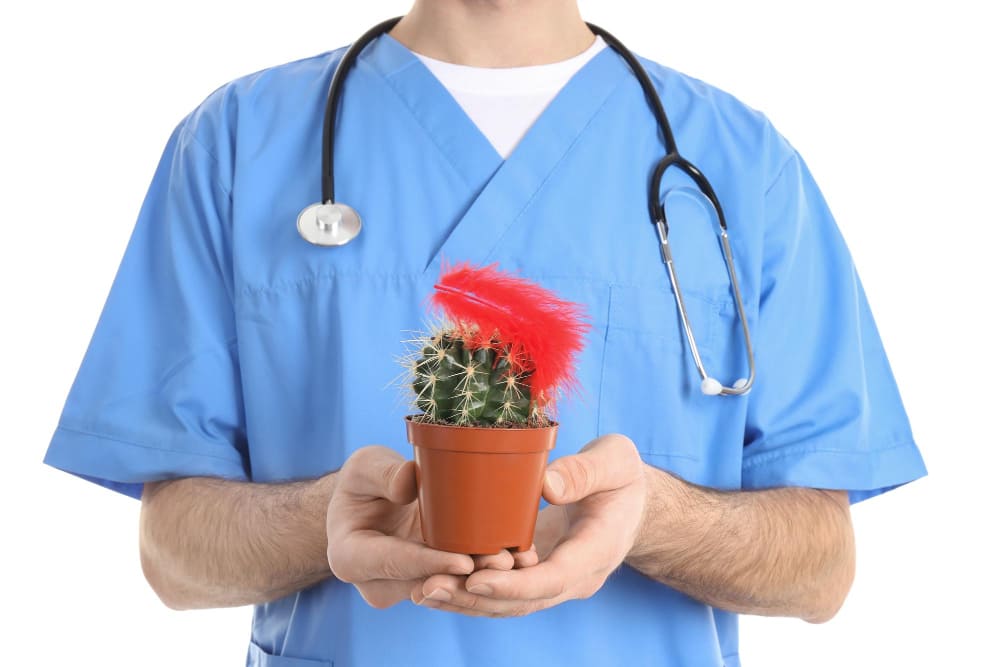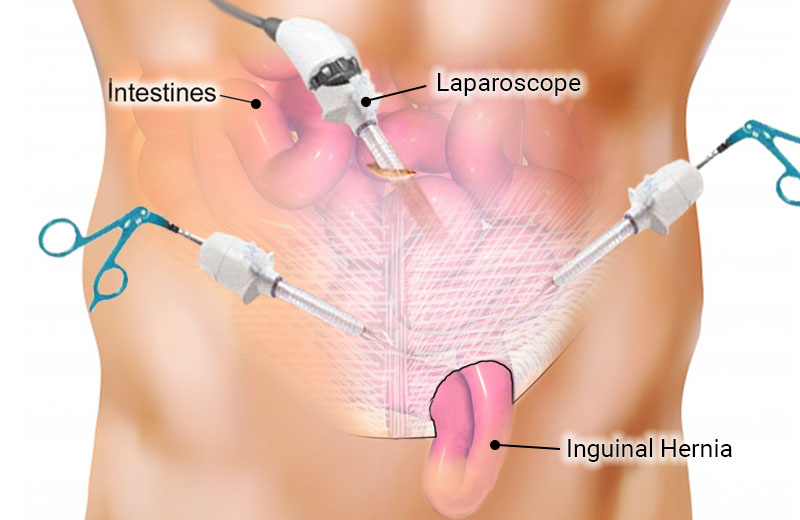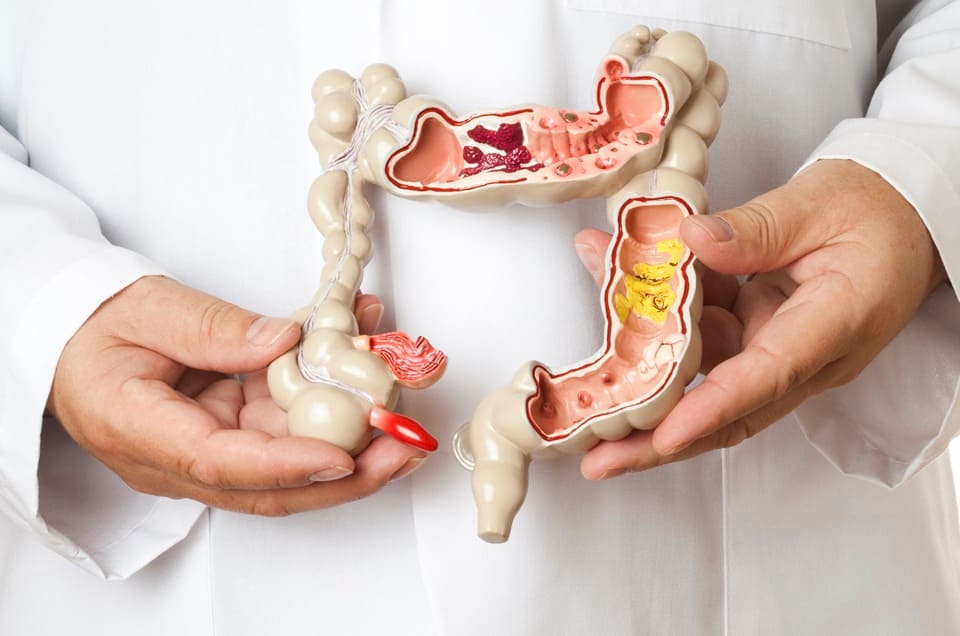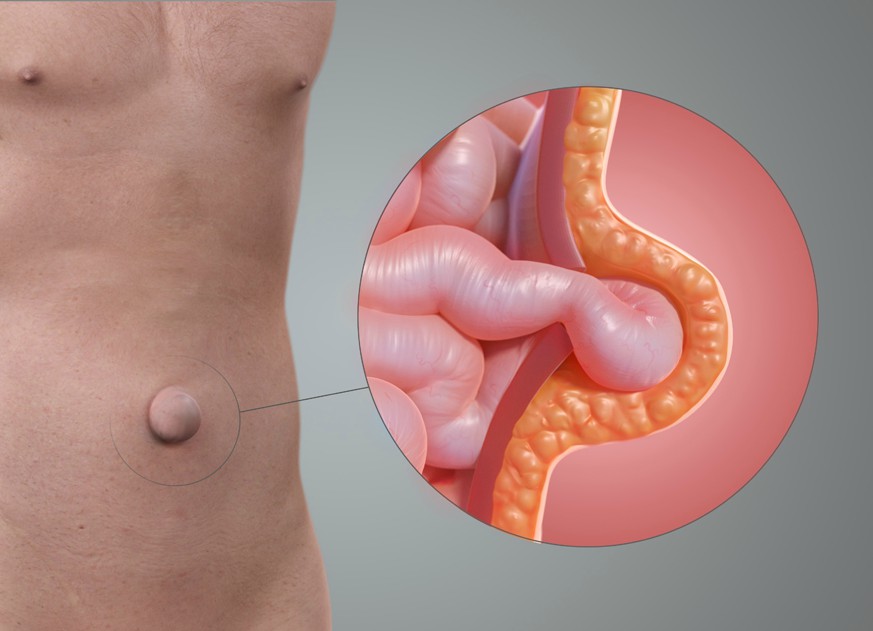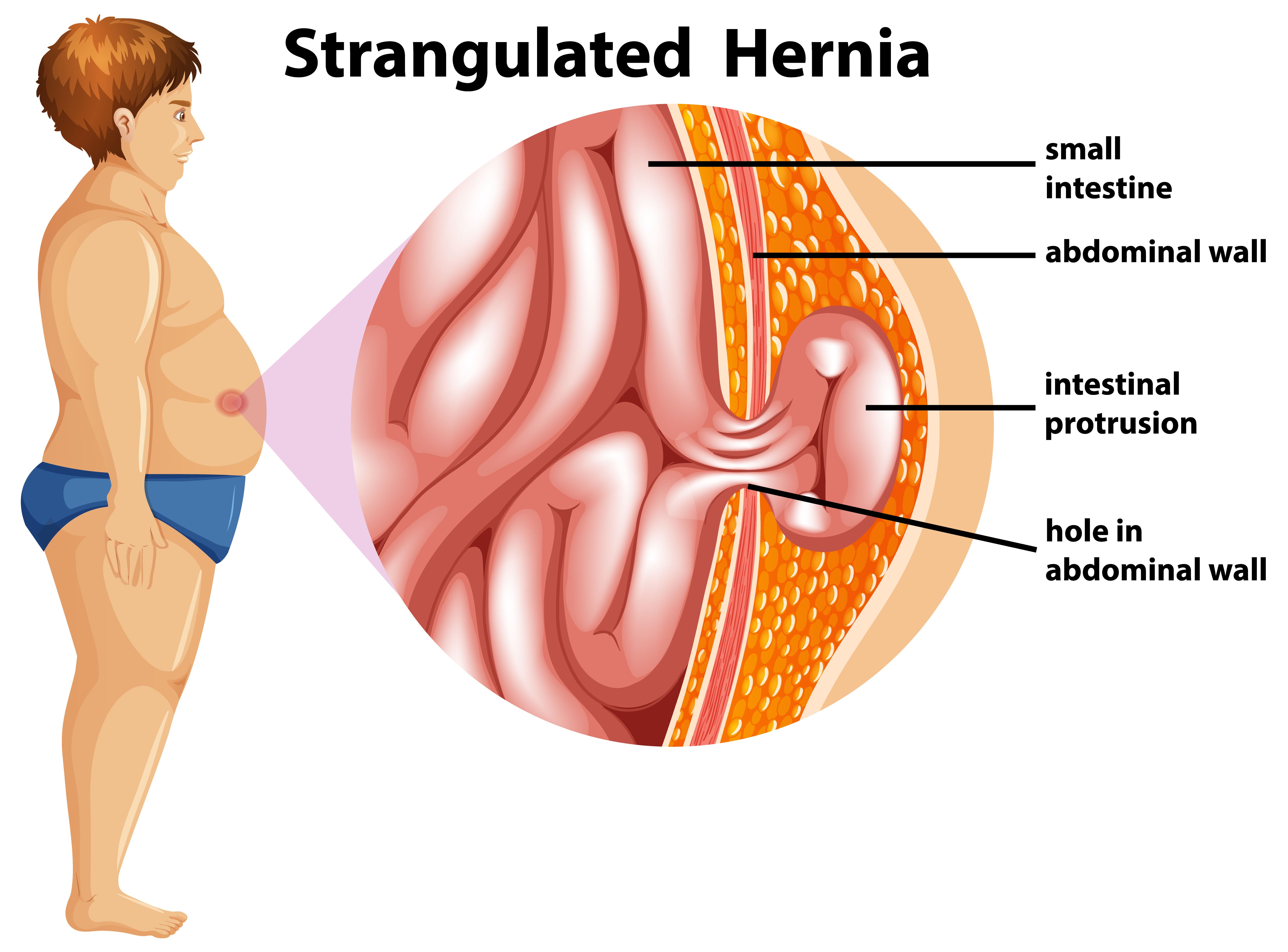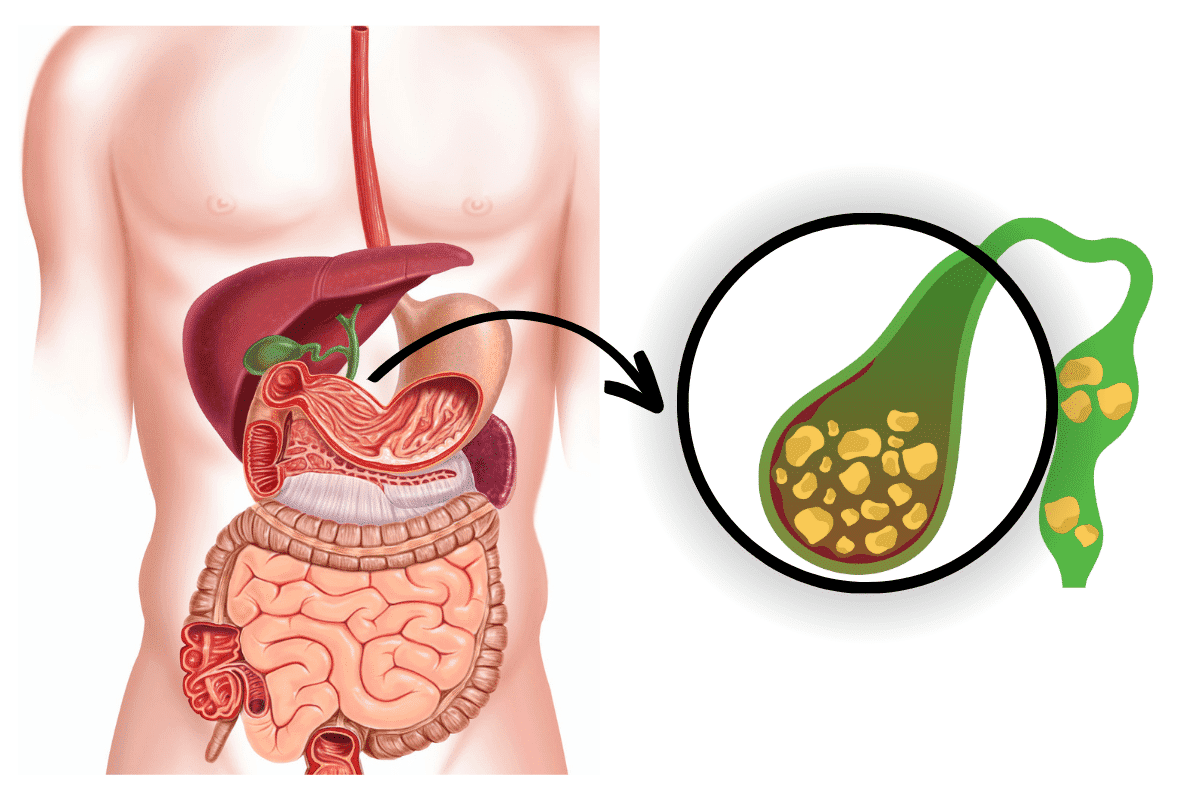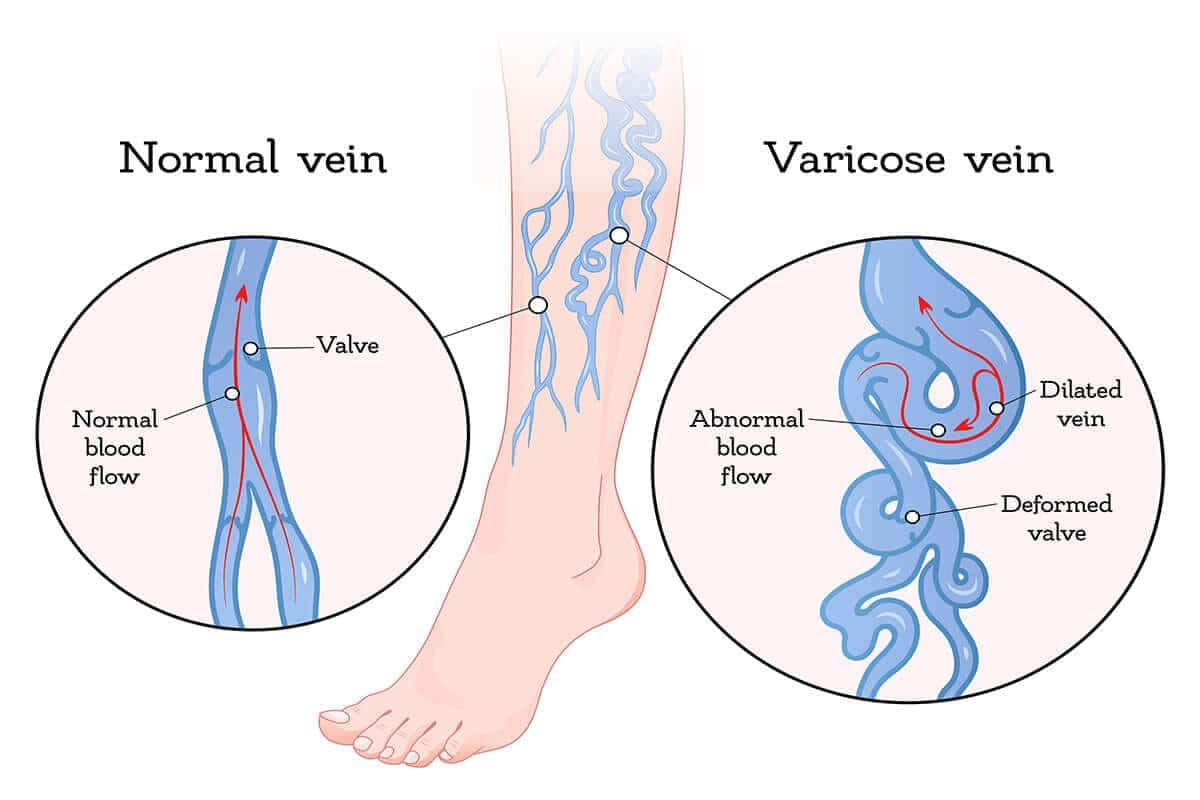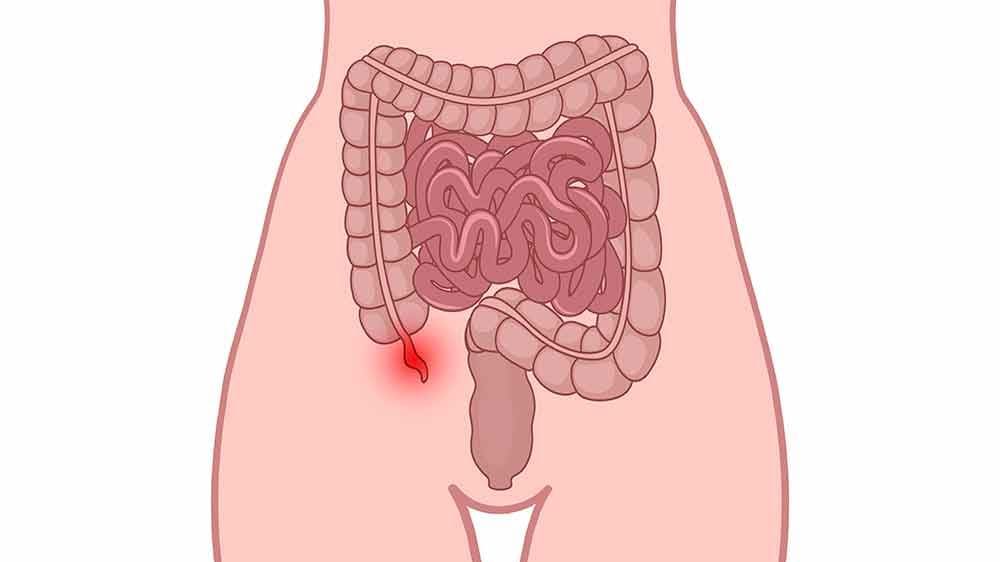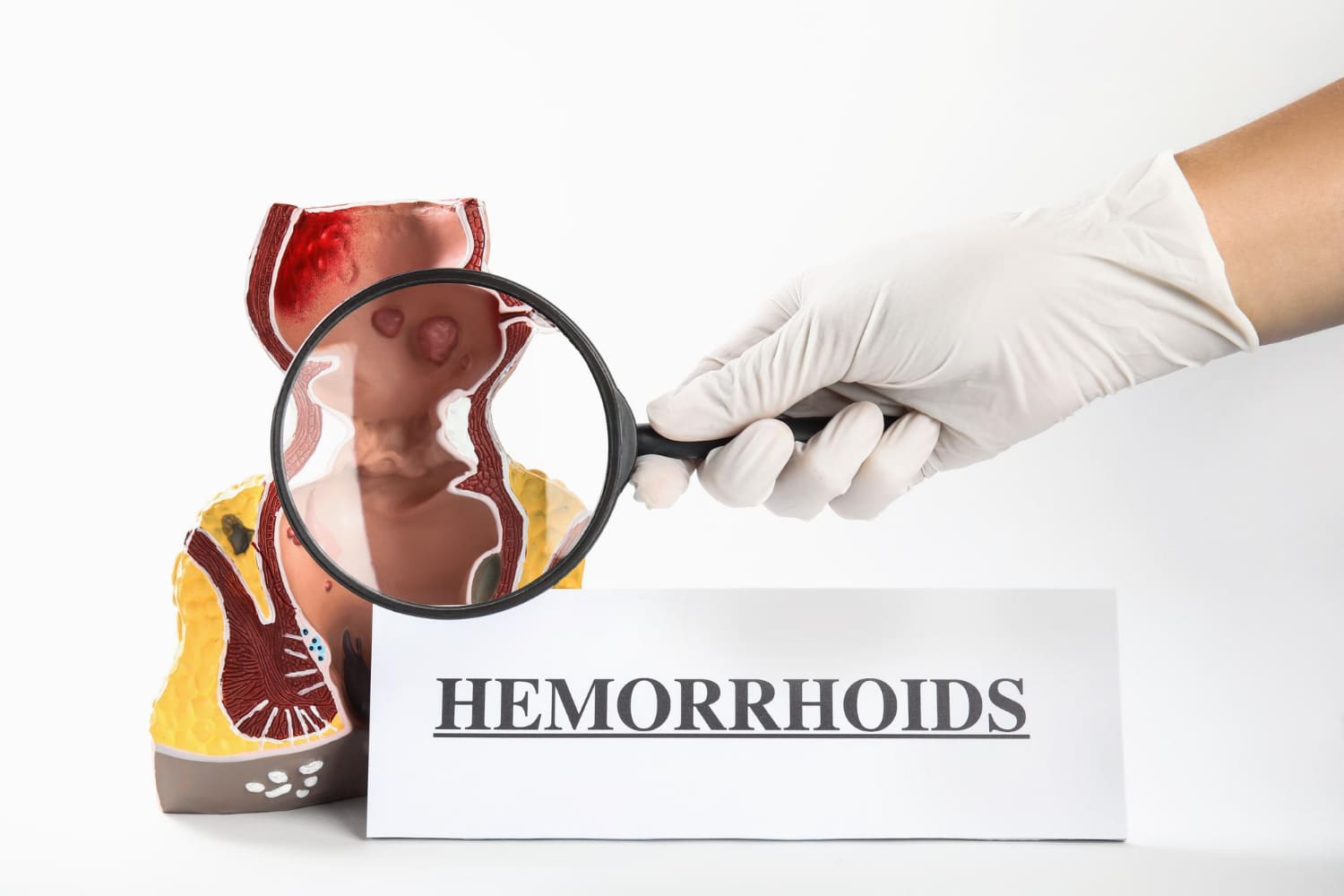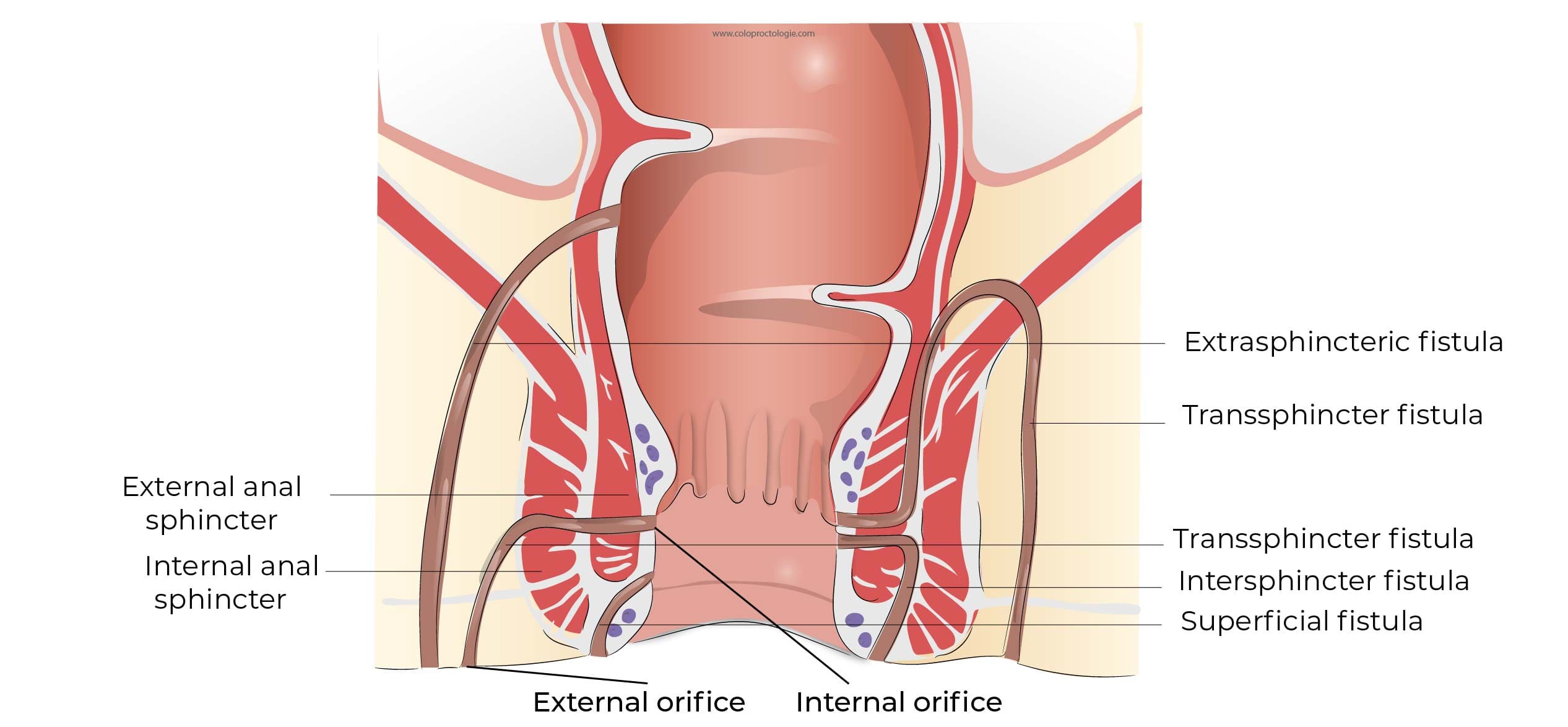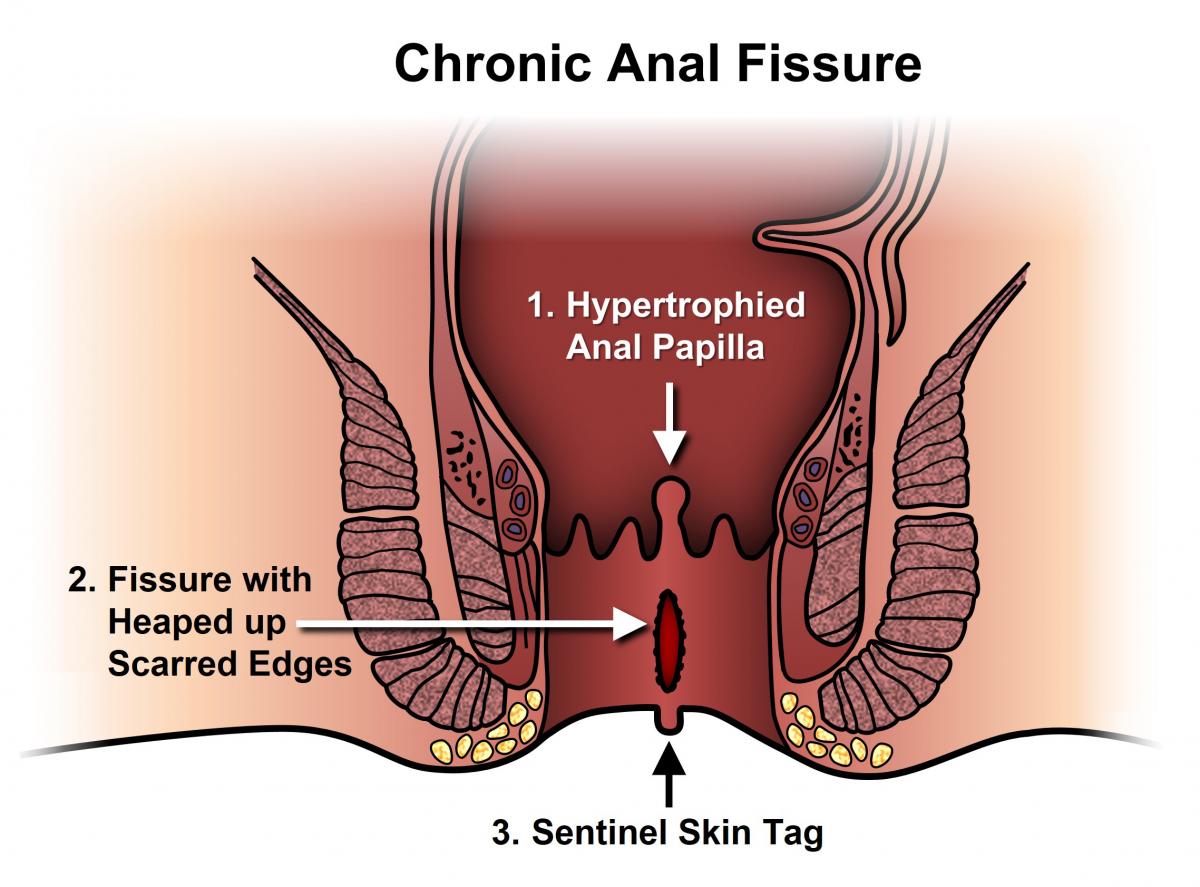
Anal Fissure Treatment - Laser Surgery Procedure
What is Anal Fissure?
An anal fissure is a small tear in the lining of the anal canal. It can cause discomfort, pain, and bleeding during bowel movements.
There are two types of anal fissures: acute anal fissure and chronic anal fissure.
Acute Anal fissures are typically caused by trauma to the anal canal, such as passing a large bowel movement. It can be treated with some ointments, medications and home remedies within a few weeks.
Chronic Anal fissures are tears that persist for more than six weeks. They are often associated with underlying conditions such as inflammatory bowel disease or sexually transmitted infections. Chronic fissures are better treated with surgery.
Treatment options for anal fissures include dietary changes, topical medications, and surgery i.e. lateral internal sphincterotomy (LIS) in severe cases.
How is Anal Fissure Diagnosed?
To diagnose an anal fissure, your doctor will typically begin by asking you about your symptoms and medical history. They may also perform a physical examination to check for any visible signs of a fissure, such as a small tear or crack in the skin around the anus.
In some cases, your doctor may need to perform a more detailed examination, such as an anoscopy, to get a closer look at the affected area.
During an anoscopy, a small, flexible tube with a camera on the end is inserted into the rectum to allow the doctor to examine the anus and rectum in more detail. This is an outpatient procedure and is performed in the doctor’s clinic.
In some cases, the doctor may also recommend additional tests, such as a stool sample or blood tests, to check other possible causes of your symptoms. Once the diagnosis of the anal fissure has been confirmed, the doctor may suggest the best suitable treatment plan, which may include medications, lifestyle changes, or in severe cases, surgery.
What are the Treatment Options for Anal Fissure?
Treatment options for anal fissures vary depending on the severity of the fissure. There are two types of treatment methods for anal fissures, surgical or non-surgical.
Non-surgical approaches include dietary changes, such as increasing fiber intake and drinking more fluids to soften stools and reduce the need to strain during bowel movements. Topical medications, such as nitroglycerin ointment, can also help relax the anal sphincter and promote healing.
In more severe cases, surgery may be necessary. Procedures such as lateral internal sphincterotomy or fissurectomy can help to relieve symptoms by reducing pressure on the anal sphincter and promoting healing. It is important to consult with a healthcare provider to determine the best treatment approach for individual cases.
Laser Surgery Treatments for Anal Fissure
Laser-assisted surgery is the most effective treatment for chronic fissures.
The following steps are carried out during the procedure:
- You will lie on your back with your hips and knees bent and your legs apart.
- The anesthesiologist will sedate you to numb the area or put them to sleep so that you won’t feel any pain or discomfort during the procedure.
- Once you are stable, the surgeon will put a laser through the anus, which is a natural opening in the body.
- The surgeon will then move the laser to the spot where the fissure (a small tear) is located.
- Using the laser, the surgeon will make a cut in the muscles around the anus. This helps to relax the sphincter muscles.
- After the surgery, you will be taken to a recovery room to rest and recover.
Laser anal fissure surgery is usually suggested for individuals in which conservative measures, such as dietary changes, stool softeners, and topical medications, have stopped working.
What are the Benefits of Laser Anal Fissure Surgery?
Here are some benefits of laser anal fissure surgery –
- Minimally invasive: Laser anal fissure surgery is a minimally invasive procedure that results in less pain and discomfort compared to traditional surgery.
- Outpatient procedure: The procedure is performed on an outpatient basis, allowing patients to return home the same day.
- Fewer complications: Anal fissure laser surgery has a lower risk of complications such as bleeding and infection compared to traditional surgery.
- Short recovery period: The recovery time for anal fissure laser surgery is typically shorter, with patients able to resume normal activities faster.
- Most Effective: Fissure laser surgery is the most effective option for chronic anal fissure treatment that has not responded to other conservative methods.
- High success rate: Fissure laser surgery offers a higher success rate than traditional surgery in preventing fissure recurrence.
- Less pain: The laser seals the nerve endings, resulting in less post-operative pain and discomfort.
- Low risk of anesthesia: The procedure can be performed under local anesthesia, reducing the risks associated with general anesthesia.
- Less scarring: Fissure laser surgery results in minimal scarring, with the incision made by the laser being smaller and more precise.
- Fewer side effects: The procedure is safe, with minimal side effects and a low risk of complications.
How to Prepare Before Anal Fissure Surgery?
While preparing for surgery, it is important to be well-informed about the procedure, what to expect, and self-care tips to help you recover safely after the surgery.
Some common preparation tips are as follows:
- Follow your surgeon’s instructions carefully: Before the surgery, your surgeon will provide you with a set of instructions. Make sure you follow them carefully to ensure a smooth surgery and avoid complications during the procedure.
- Stop smoking: Smoking can slow down the healing process and increase the risk of complications. If you smoke, stop at least two weeks before the surgery. It is high time to quit smoking as it is always harmful to health.
- Avoid blood-thinning medications: Medications such as aspirin, ibuprofen, and warfarin can increase bleeding during and after the surgery. Your surgeon will advise you on which medications to stop taking before the surgery.
- Stay hydrated: Drinking plenty of water can help keep your bowels moving and prevent constipation before the surgery.
- Eat a balanced diet: Eating a balanced diet that is rich in fiber can help prevent constipation and avoid complications during the procedure.
- Prepare your home: Before the surgery, make sure your home is clean and comfortable. Arrange all the stuff beforehand that you may need during your recovery period.
How to Recover After Anal Fissure Surgery?
Laser Surgery
You may take up to 1-2 weeks to recover completely after the laser anal fissure surgery, lateral internal sphincterotomy. But you can return to your normal routine within a week after the anal fissure laser surgery for anal fissures. It is the best and most effective procedure to treat anal fissures within a short period of time.
Here are some general tips to help you recover safely after anal fissure surgery.
- Take pain medication as prescribed by your doctor.
- Avoid strenuous activities for up to 1 week after the procedure.
- Keep the surgical area clean and dry to prevent infection.
- Avoid strenuous activity or heavy lifting for at least a week after surgery.
- Eat a high-fiber diet to prevent constipation and strain during bowel movements.
- Drink plenty of water to stay hydrated and soften stools.
- Use a sitz bath to soothe the surgical area and promote healing.
- Avoid sitting for long periods of time, especially on hard surfaces.
- Follow your doctor’s instructions for wound care and follow-up appointments
What Lifestyle Changes to Make After Anal Fissure Treatment Through Surgery?
There are several lifestyle changes help relieve discomfort and promote safe recovery, as well as minimize the chances of recurrence after anal fissure surgery.
- Maintain a high-fiber diet to avoid constipation and straining during bowel movements.
- Drink plenty of water to keep the stool soft and prevent further injury to the anal area.
- Avoid sitting for prolonged periods, as it can increase pressure on the rectal area.
- Take regular breaks and walk around to improve blood circulation in the rectal area.
- Avoid heavy lifting or strenuous exercise for at least 4-6 weeks after surgery.
- Use sitz baths or warm compresses to reduce pain and swelling in the anal area.
- Keep the anal area clean and dry to prevent infection and promote healing.
- Avoid spicy and acidic foods that irritate the anal area and cause discomfort.
- Take pain medication as prescribed by your doctor to manage post-surgical discomfort.
- Attend follow-up appointments with your doctor to monitor healing progress and address any concerns.

